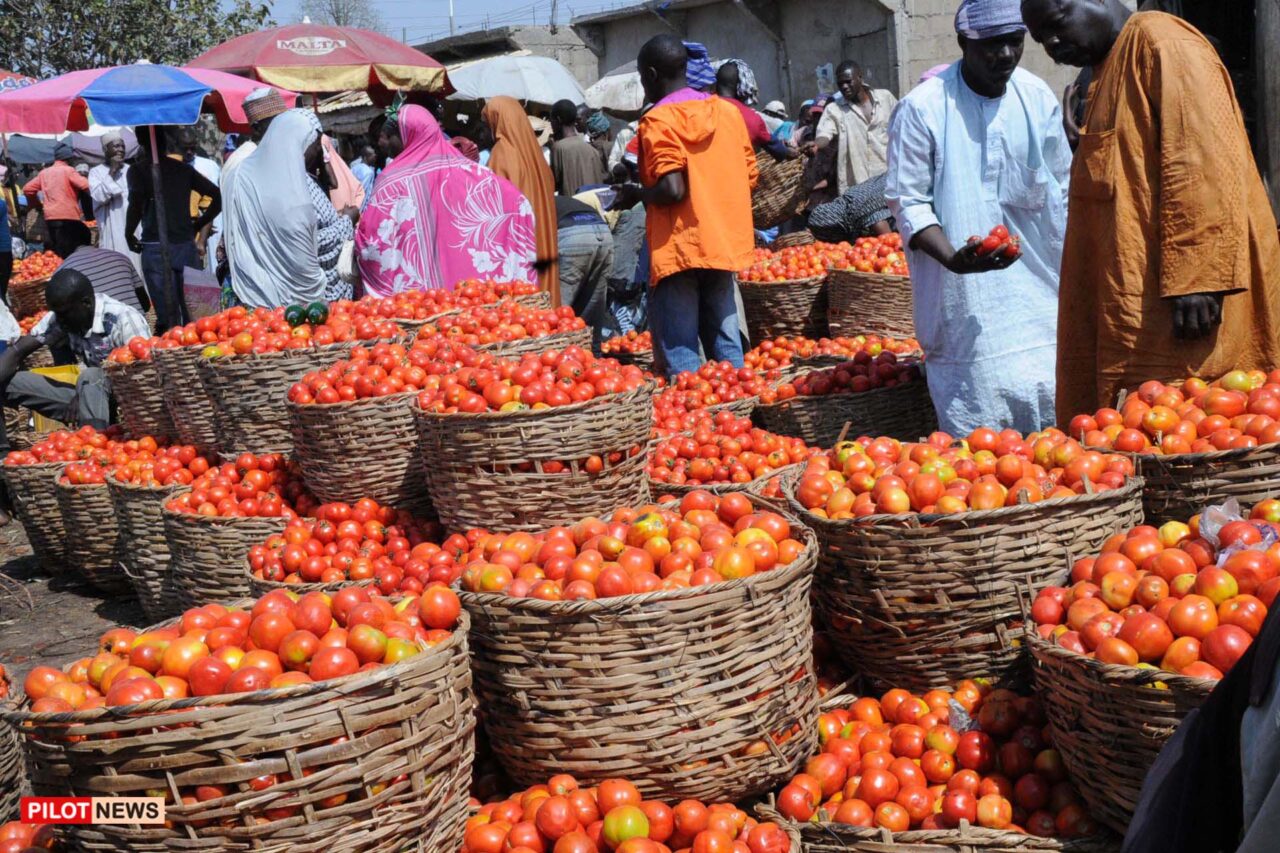Nigeria’s inflation rate has climbed again, reaching 34.60 per cent in November, up from 33.88 per cent in October.
This was revealed in the latest Consumer Price Index (CPI) report by the National Bureau of Statistics (NBS) on Monday.
The rising cost of living has been linked to the naira’s devaluation and repeated petrol price hikes, both of which have pushed many Nigerians into tough financial situations.
To tackle the inflationary pressure, the Central Bank of Nigeria raised interest rates six times this year, resulting in a total increase of 875 basis points.
Food prices are a major driver of inflation, with food inflation hitting 39.93 per cent in November, up from 39.16 per cent the previous month.
The NBS explained that staples like yam, maize, rice, and cooking oil saw significant price increases, making it even harder for households to afford basic necessities.
Urban areas recorded an inflation rate of 37.10 per cent year-on-year, while rural areas hit 32.27 per cent.
States like Sokoto, Yobe, and Edo saw the steepest year-on-year food inflation rates, while Kwara, Kogi, and Rivers recorded the lowest.
These rising numbers reflect the ongoing struggles with economic reforms, including fuel subsidy removal and currency adjustments under President Bola Tinubu’s administration.
- Tinubu Welcomes Egbetokun’s Resignation, Appoints Tunji Disu as Acting IGP - February 25, 2026
- Tinubu Welcomes Egbetokun’s Resignation, Appoints Tunji Disu as Acting IGP - February 25, 2026
- Paris Saint-Germain’s Achraf Hakimi to Stand Trial over Rape Allegation - February 25, 2026

